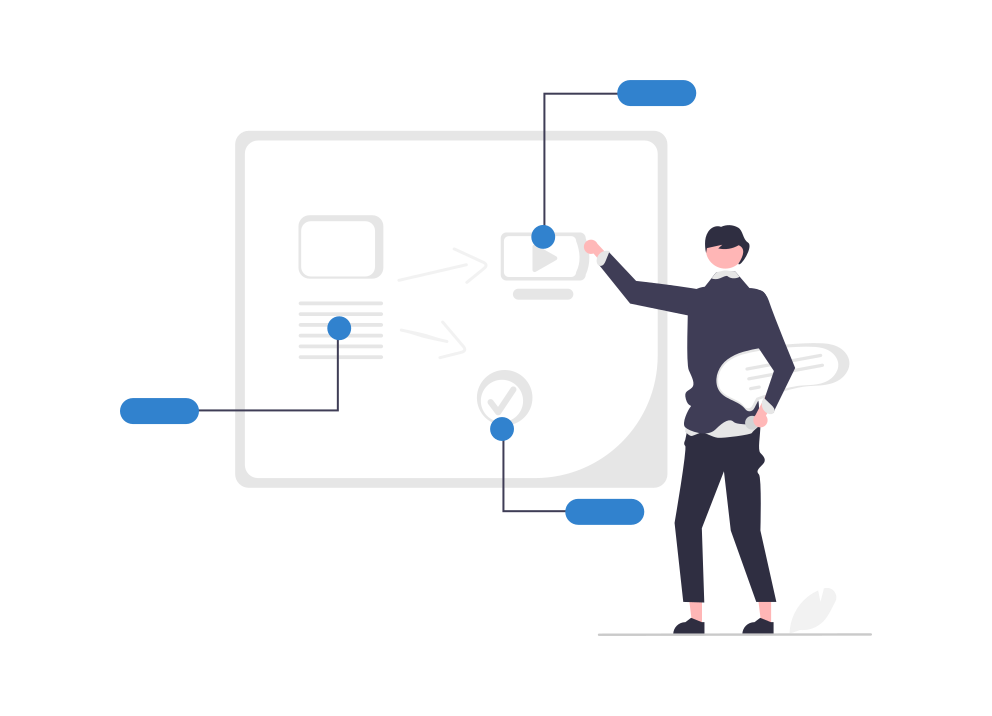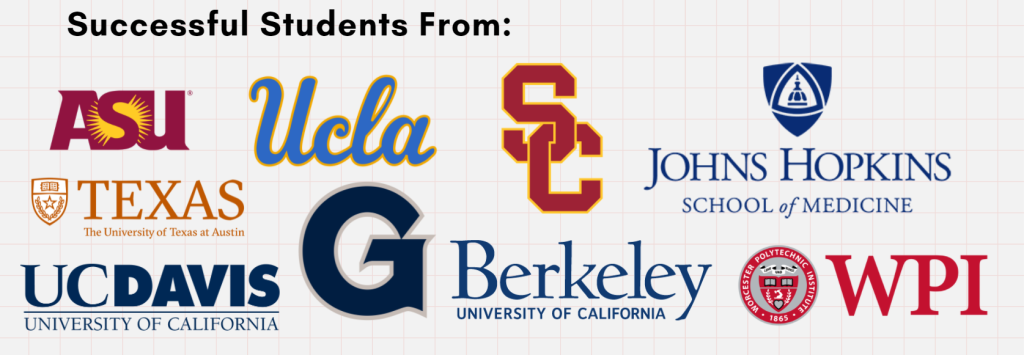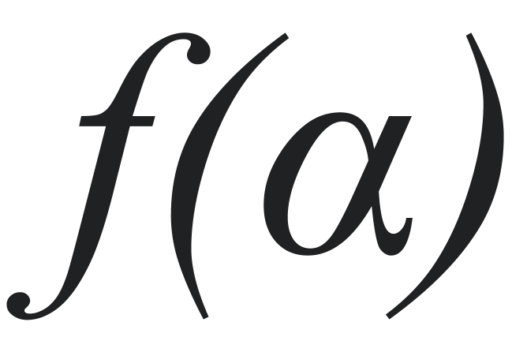Learn what school left out.
Empowering students to take control of their personal and professional development.
Join the newsletter!
Speak
Book Today
Forget Algebra at your school
Get a head start
Hear from recent graduates, business leaders, and domain experts about the skills they picked up outside the classroom.


Share
Exclusive Community
Expand your toolbox
Access to world-class resources
Say goodbye to essays and problem sets. Today’s most successful students have a grasp on their personal and professional growth.
Resume templates
Cover letter examples
Mock interviews
Online courses
E-books
And more…
Evergreen Topics
What’s in it for me?
We focus on the subjects most relevant to students, not school boards.

WEALTH
Unlock financial mastery
It pays dividends to overcome the intimidation surrounding critical activities like taxes, investing, and building credit.

WORK
Career confidence on tap
Professional development is valuable no matter your path. We enable students to maneuver the job market with ease.

WISDOM
Philosophy fundamentals
We combine ancient knowledge and modern science to equip for happy and healthy lives in the 21st century
Reviews
Testimonials
What people are saying
“I had students coming up to me after class, asking for the slides. That never happens.”
LAHS English teacher
